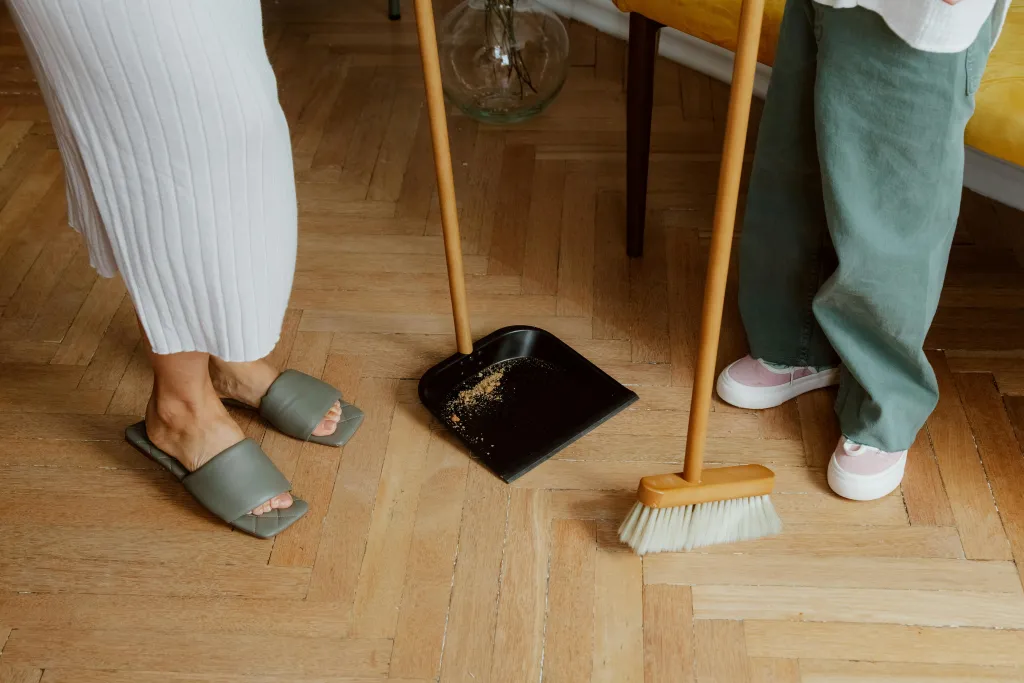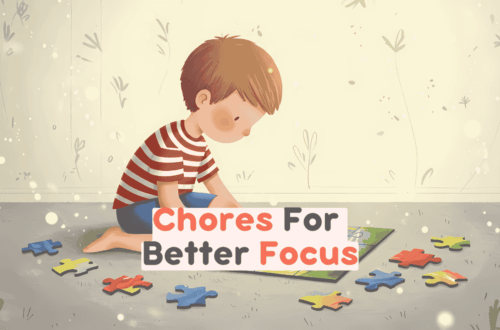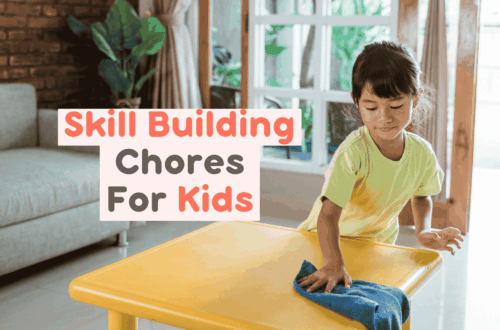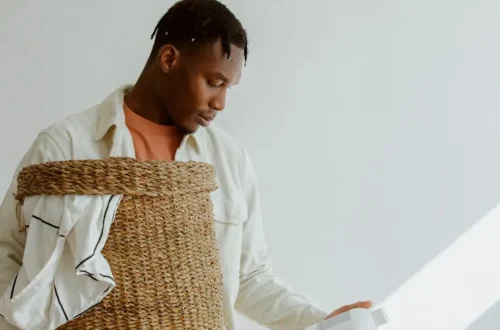Chores may seem like simple household tasks, but for children they are building blocks of responsibility. Introducing chores early helps kids develop independence, confidence, and valuable life skills that prepare them for adulthood. Many parents wait to assign chores, but research shows even young children benefit when responsibilities are introduced in the right way.
The Value of Responsibility
When kids start doing chores early, they learn they are meaningful contributors to the household. This sense of responsibility builds pride and ownership. A task as small as feeding the family pet can teach them that their actions have an impact. The Kikaroo chore tracker makes these contributions visible and rewarding, motivating children to continue helping.
Developing Independence and Confidence
Chores are not only about cleaning or organizing, they are opportunities for kids to practice decision-making and problem-solving. Something as simple as putting away toys can give them a sense of accomplishment. Over time, this independence builds resilience and reduces over-reliance on parents.
👉 For more ways to make responsibilities engaging, see Parenting Tips to Make Chores Easier.
💡 Tip: Break larger chores into smaller, manageable steps so kids feel success quickly and stay motivated.
Building Life Skills Early
Practical life skills like folding clothes, tidying bedrooms, or helping with dishes are not always taught in schools. Starting chores young ensures these skills become second nature by adolescence. With the Kikaroo digital chore chart, families can introduce these responsibilities in a structured and fun way that grows with the child.
👉 For detailed ideas by age, see The Ultimate Guide to Age-Appropriate Chores for Kids.
Strengthening Family Bonds
When chores are framed as teamwork, they foster stronger family connections. Children feel valued when their efforts support the family, and sharing responsibilities reduces sibling conflicts. Cooperation developed in childhood often extends into friendships and school life.
💡 Tip: Make chores a group activity sometimes, like cleaning a room together with music, to encourage teamwork and make the task more enjoyable.
Creating Healthy Habits for Life
Consistency is what turns chores into habits. When introduced early, chores feel like a natural part of life rather than punishments. Parents who use tools like the smart family chore tracker can establish routines that build discipline, responsibility, and lifelong skills.
Start Small, Grow Big
Introducing chores early gives children much more than a tidy home. It teaches responsibility, independence, and skills that will benefit them throughout life. By starting with small tasks, building consistency, and encouraging progress, parents can raise confident and capable kids. With the right structure and encouragement, chores become one of the best lessons you can give your children.

 Home
Home Features
Features Testimonials
Testimonials Downloads
Downloads FAQ
FAQ Blog
Blog








